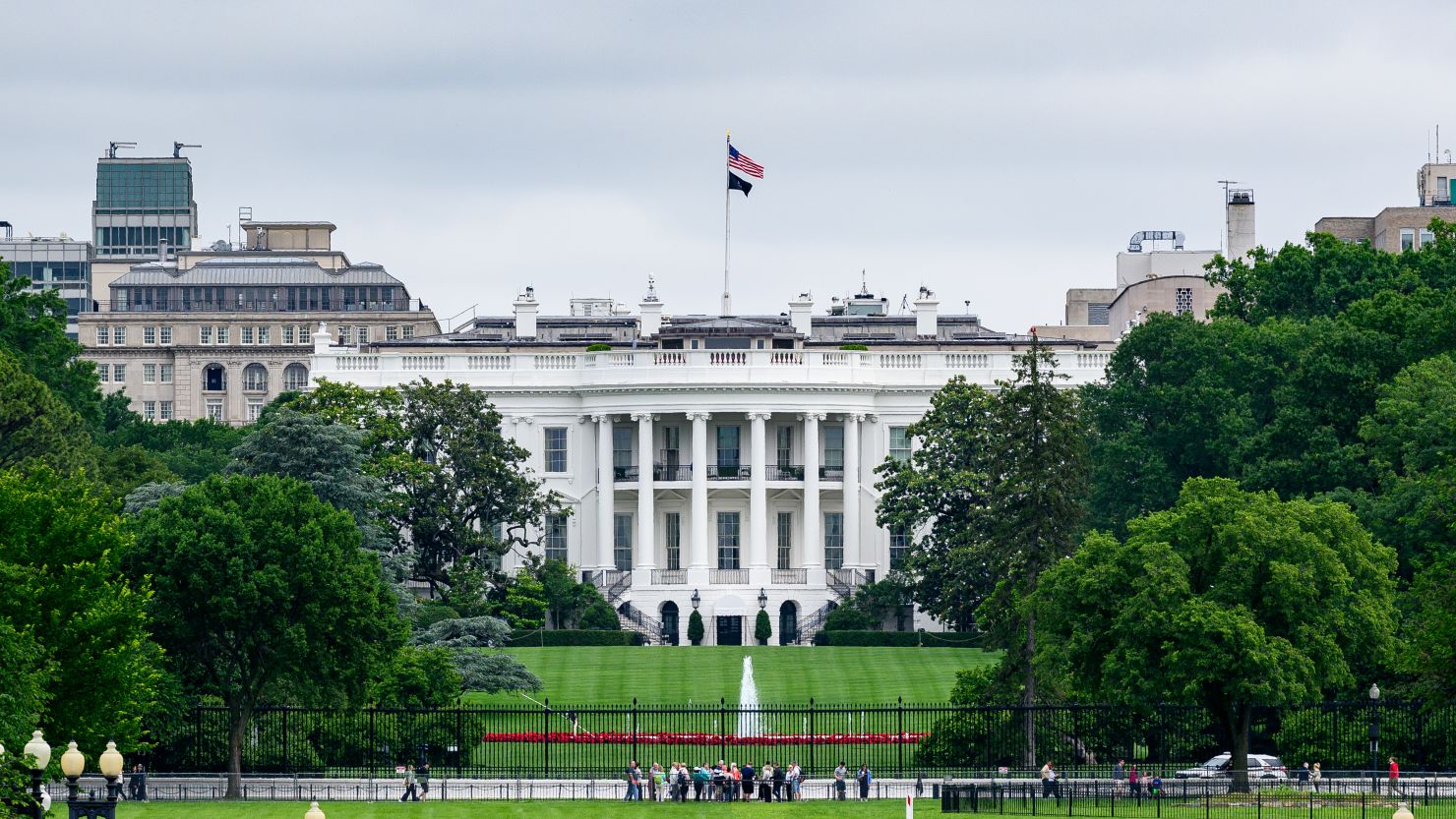Articles in this Cluster
30-05-2025
A US trade court has blocked Donald Trump's plan to impose sweeping global tariffs, ruling that he exceeded his authority. The tariffs, which included a 10% tariff on UK imports, were challenged by five small businesses that argued they were struggling to survive due to the additional costs. The White House has vowed to appeal the ruling, which could escalate to the Supreme Court, while critics have described Trump's actions as "unlawful, reckless and economically devastating". The decision has caused the US dollar to strengthen and stock market futures to rally.
30-05-2025
A US appeals court has allowed President Donald Trump's tariffs to remain in place for now, temporarily suspending a lower court's ruling that found the bulk of his global tariffs to be illegal. The lower court had ruled that Trump overstepped his power by imposing the duties without input from Congress. The Trump administration argued that the decision threatened to unravel months of trade negotiations and that the courts should not interfere with foreign policy and economic decisions. The tariffs will remain in place while the case is litigated, with the next hearing scheduled for June 5. The White House has indicated it will continue to challenge the court rulings, and the matter is likely to end up at the Supreme Court.
30-05-2025
U.S. stocks rose on Thursday despite uncertainty around tariffs after a federal appeals court temporarily paused a lower-court ruling that struck down most of Trump's tariffs. The S&P 500 added 0.4%, driven by Nvidia's 3.3% gain on positive earnings. Markets dislike the uncertainty around tariffs, which could lead to higher short-term volatility. A definite tariff, although still a tax, might be better for markets and economies in the long run. The Federal Reserve Chair Jerome Powell met Trump and emphasized that rate decisions depend on economic data, not politics. Additionally, the SEC dropped its lawsuit against Binance and its founder, and JPMorgan analysts predict European equities will outperform U.S. stocks for the next 12-18 months.
30-05-2025
The White House is grappling with conflicting court rulings that have thrown President Donald Trump's tariff plans into question, striking at the heart of his economic agenda. A US Court of International Trade ruled that Trump lacked the authority to impose tariffs under federal emergency powers, but a federal appeals court later temporarily restored the tariffs. The administration is now exploring alternative authorities and petitioning the courts to pause enforcement, with Trump's top economist Kevin Hassett saying they are "very confident" the initial ruling is incorrect. The tariffs' fate remains uncertain, with a final decision expected by June 9, leaving foreign trade partners and investors in limbo and potentially jeopardizing 18 trade deals being negotiated under the threat of new tariffs. Trump has lashed out at the judiciary, accusing the judges of being motivated by "hatred of 'TRUMP'", while his officials are working to salvage the policy and maintain a consistent stance despite the legal challenges.
30-05-2025
A US court has ruled that President Trump's tariffs, a key part of his economic policy, are unlawful and have been "vacated". The court found that Trump exceeded his authority by imposing tariffs without Congressional approval, citing the International Emergency Economies Powers Act (IEEPA). The ruling applies to tariffs imposed on countries including China, Mexico, and Canada. The decision is likely to deepen the divide between the Trump administration and the judiciary, and may lead to further constitutional challenges. Trump's lawyers are appealing the ruling, but if it stands, it could undermine his strategy of using tariffs as a negotiating tactic and revenue generator.
30-05-2025
American businesses were briefly hopeful after a federal court ruled that most of President Trump's tariffs were illegal, but their optimism was short-lived as a higher court stayed the decision, keeping the tariffs in place. Companies such as Wildfang, Loftie, and E.L.F. Beauty, which have been impacted by the tariffs, were left uncertain about their future plans, including production and pricing strategies. The Trump administration's appeal of the ruling and its history of disregarding judicial authority have raised doubts about whether the tariffs will be lifted. As a result, businesses are continuing to adapt to the uncertainty, with some deciding to maintain their current strategies and others preparing for potential changes in the tariffs. The uncertainty has made it challenging for companies to plan ahead, particularly those in industries that place orders seasons in advance.
30-05-2025
A US court blocked President Trump's tariffs imposed using emergency powers, but another court temporarily paused that decision, creating uncertainty around US trade policy. The Trump administration had imposed tariffs on nearly every US trading partner, citing an emergency law from 1977. The court's decision hinged on whether Trump had overstepped his authority, and the administration has hinted at using other laws to impose tariffs. The conflicting court rulings have cast doubt on Trump's trade strategy, which relies heavily on tariffs as leverage in trade negotiations. The White House remains committed to its trade agenda, but the path forward remains uncertain.
